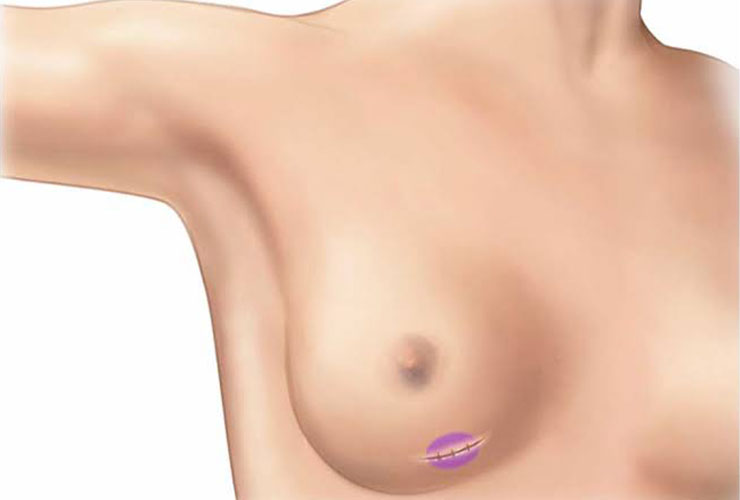Discovering a breast lump can be a source of concern and anxiety. However, it’s essential to remember that not all breast lumps are cancerous. Satvic Speciality Clinic is here to provide expert evaluation and care, ensuring that you receive the appropriate diagnosis and treatment for your specific situation.
Table of Contents
- Understanding Breast Lumps
- When to Seek Medical Attention
- Expert Evaluation at Satvic Speciality Clinic
- Common Causes of Breast Lumps
- Treatment and Care
- FAQs
- Conclusion
Understanding Breast Lumps
A breast lump is a localized swelling or bump that can be felt in the breast tissue. While the discovery of a lump can be concerning, it’s important to note that not all breast lumps are cancerous. In fact, many breast lumps are benign (non-cancerous) and can be caused by various factors.
Satvic Speciality Clinic specializes in the evaluation and diagnosis of breast lumps, offering a comprehensive approach to your breast health.
When to Seek Medical Attention
If you discover a breast lump, it’s essential to seek medical attention promptly. While many lumps are benign, it’s crucial to rule out any potential concerns. You should consider consulting a healthcare professional if you notice:
- Unexplained breast lumps or thickening
- Changes in the size or shape of the breast
- Persistent breast pain
- Nipple discharge (other than breast milk)
- Changes in the skin of the breast, such as redness or dimpling
Early detection and evaluation are key to addressing any potential issues effectively.
Expert Evaluation at Satvic Speciality Clinic
Satvic Speciality Clinic is dedicated to providing expert evaluation and care for individuals with breast lumps. Our approach includes:
- Comprehensive Examination: Our experienced healthcare professionals will conduct a thorough physical examination and medical history review.
- Imaging Studies: We may recommend mammograms, ultrasounds, or other imaging studies to further evaluate the lump.
- Biopsy: In some cases, a biopsy may be necessary to determine whether the lump is benign or cancerous.
We understand the importance of accurate diagnosis and will work closely with you to provide the answers you need.
Common Causes of Breast Lumps
Several factors can contribute to the development of breast lumps. While some lumps may be associated with breast cancer, many are benign and have other causes, including:
- Fibrocystic Changes
- Fluid-Filled Cysts
- Fibroadenomas
- Infections
- Trauma or Injury
Our healthcare professionals will assess your specific situation to determine the cause of the lump.
Treatment and Care
Treatment for breast lumps depends on the underlying cause. If the lump is benign, you may not require any specific treatment other than regular monitoring. If the lump is cancerous, our team at Satvic Speciality Clinic will develop a personalized treatment plan, which may include surgery, radiation therapy, chemotherapy, or a combination of treatments.
Your well-being is our top priority, and we are here to provide the necessary care and support throughout your journey.
FAQs
No, not all breast lumps are cancerous. Many breast lumps are benign and have non-cancerous causes. However, any new breast lump should be evaluated by a healthcare professional to determine its nature.
A mammogram is an X-ray of the breast tissue and is often used for breast cancer screening. An ultrasound uses sound waves to create images of the breast and is useful for further evaluating breast lumps.
Yes, Satvic Speciality Clinic offers comprehensive breast cancer treatment, including surgery, radiation therapy, chemotherapy, and supportive care.
Conclusion
Your breast health is of utmost importance, and discovering a breast lump should prompt timely evaluation and care. Satvic Speciality Clinic is committed to providing expert assessment, diagnosis, and treatment for breast lumps, ensuring that you receive the appropriate care for your specific condition.
For a consultation or to learn more about our breast health services, contact Satvic Speciality Clinic today. Your peace of mind and well-being are our priorities.

